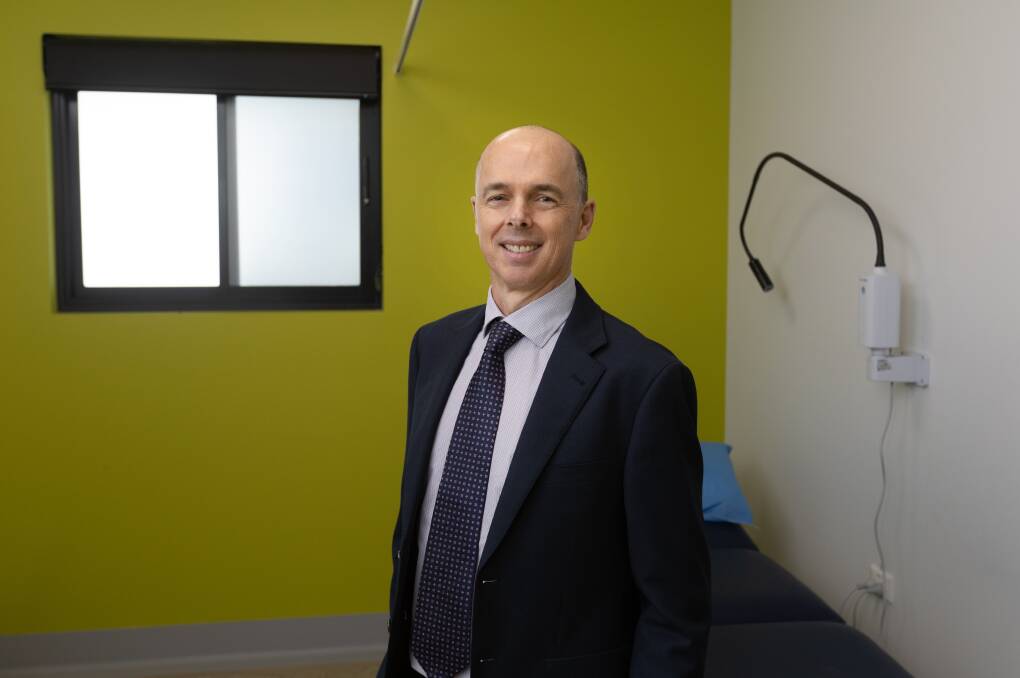
A five-year health plan for the Hunter New England and Central Coast sector aims to increase the number of GPs and improve equity of access to primary care services.
Subscribe now for unlimited access.
$0/
(min cost $0)
or signup to continue reading
The Hunter New England and Central Coast Primary Health Network's 2023-2028 Strategic Plan, released on Tuesday, aspired to "stabilise and boost the primary care workforce".
The network's chief executive Richard Nankervis said the "strategic plan is ambitious".
It aims to reduce wait times to see a GP or specialist, but faces the difficult challenge of staff shortages in the sector.
Presently, the district has 1420 full-time equivalent GPs, 392 GP registrars, 931 practice nurses and 23 medical practice assistants.
The network will next year assess the viability of general practices and start a "practice sustainability program".
It also aimed to increase the number of nurse practitioners working in aged care.
Increasing the number of GPs and registrars "through relocation incentives" would be aimed at "targeted locations".
Nonetheless, the network was seeking new solutions, saying it had "successfully trained and tested medical practice assistants" to support "an increasingly stretched workforce".
It also sought to expand telehealth and introduce "AI enabled predictive care planning".
The network's long-term goal was "timely and high-quality face-to-face or virtual primary care for every person" in the Hunter New England and Central Coast sector.
In recognising the challenges the health sector faced, it clarified that this goal "extends beyond the life of this strategic plan".
Mr Nankervis said work over the next five years would ensure "we step closer to our long-term goal".
The new plan comes amid a deepening crisis in the health sector, with staff shortages, long waits for treatment, rising costs for patients and widespread calls for major reforms.
The primary health network, a not-for-profit organisation funded by the federal government, was created to improve the efficiency and effectiveness of the primary health care system.
The primary health sector comprises GPs and allied health services such as psychology, pharmacy and physiotherapy. Community health services are also part of this sector.
"We recognise the challenges faced by primary care clinicians and providers across the region," Mr Nankervis said, while noting the "tireless efforts" of staff in the sector.
The network's chair Wendy Machin said "at its heart, health care is all about people".
"We have to do things differently - circumstances necessitate that. We'll continue to be agile and responsive in times of crisis and change," she said.
The network will seek to improve health access for "priority groups", following an assessment that found "a range of key disparities in health outcomes".
"These disparities have highlighted that poorer health outcomes are linked with socioeconomic disadvantage," the plan stated.
Older people, those from different cultures, infants and youngsters, people with a disability and First Nations people were listed as generally needing more help with their health.
Difficulty getting timely and affordable medical appointments and a lack of integration between services were cited as key problems.
Some had trouble navigating healthcare services and there were "a range of issues relating to the prevention and management of key diseases and conditions".
IN THE NEWS:

